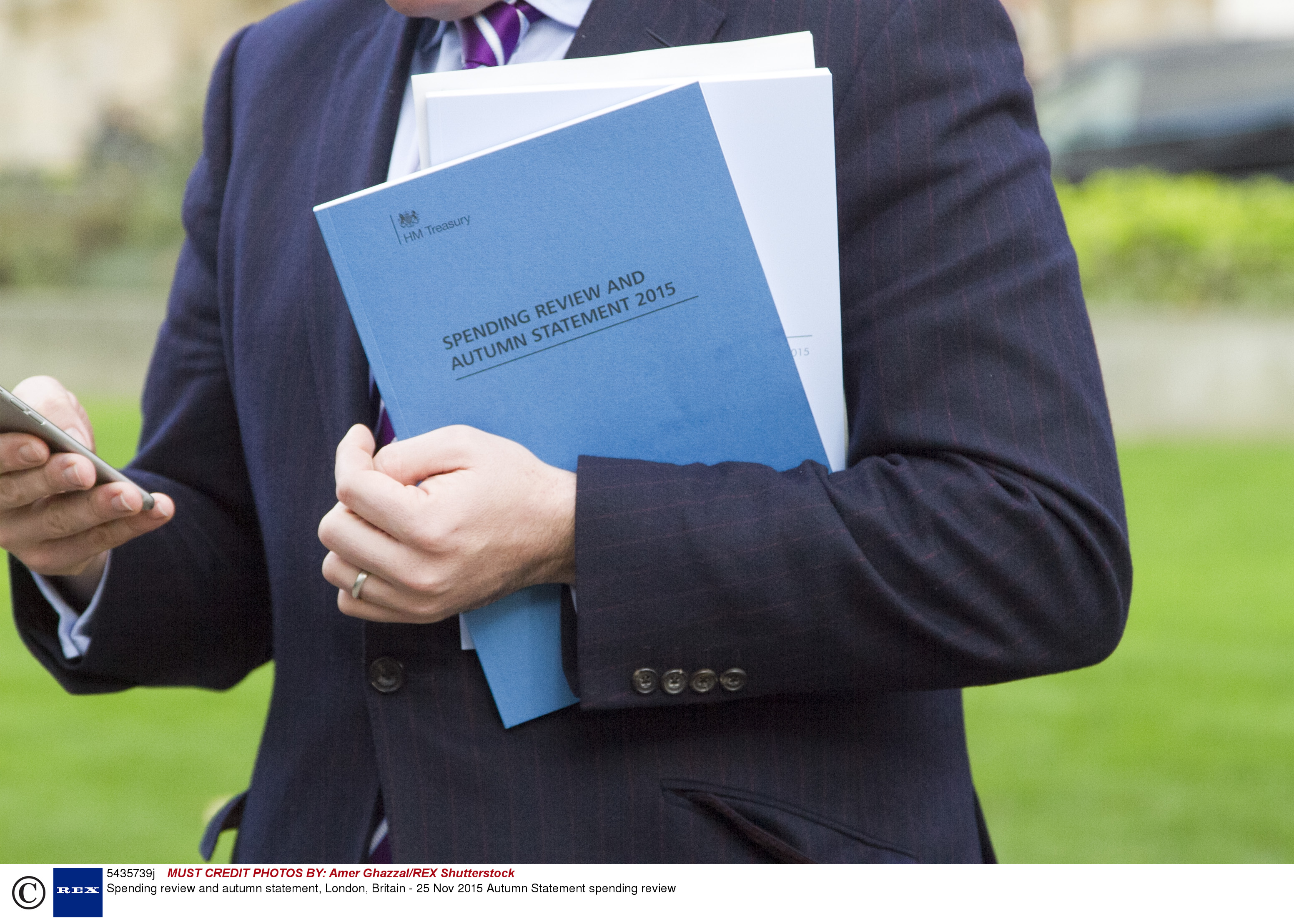The Government came under fire after it emerged tens of thousands of students will have to start paying back their student loan early.
Student groups and financial experts criticised the government after it announced that the threshold of student loan repayments will remain frozen until 2021.
Chancellor George Osborne’s announcement in the Autumn Statement on Wednesday means that students who enrolled in 2012 will have to pay back their loans earlier, since the figure at which loans are repaid will freeze while average earnings rise.
Martin Lewis, founder of MoneySavingExpert, told the Leading Britain’s Conversation: “This is a retrospective change to student loans, millions of people across the country will have to pay more each month. It’s a change from what they said they would have done when people started going to university.
“It’s an absolute disgrace that breaks the fundamental bond of politics that you do not impose retrospective changes. Commercial companies would not have been allowed to do this. This was snuck in the back door, even though he mentioned student loans in the speech.”
Graduates will on average pay £306 a year more in 2020 compared to 2017 – which goes against the government’s promise in 2012 that the repayment threshold would rise every year from 2017 according to inflation.
Labour MP Wes Streeting, a former NUS president, said: “How can students now trust anything the government says about student loans they sign up to? If banks did this to customers, there would be an enormous outcry.
“This change will hit hardest those graduates on low and middle incomes close to the earnings threshold.”
The Department of Business, Innovation and Skills (BIS) said that this decision will increase paybacks by £3.2bn over the life span of current borrowers.
Nick Hillman, director of the Higher Education Policy Institute, said: “The Spending Review could have been worse for universities and students than it has turned out to be.
“The improvements to postgraduate loans, the new support for part-time students and the protection of research spending are all welcome and better than many people feared.”
However, the student community has already showed dissatisfaction towards the announcement, which also confirmed that maintenance grants will become loans.
Sorana Vieru, NUS vice-president for higher education, said: “This is yet another betrayal by the government and part of a long list of political measures that shows complete disdain to students and their futures.”

